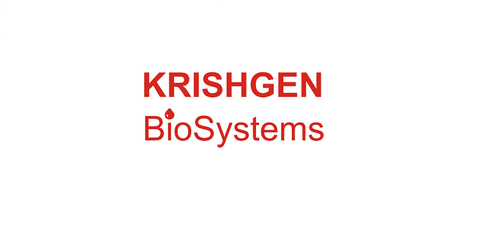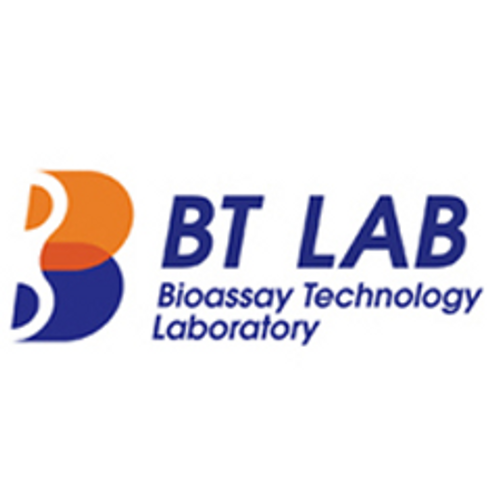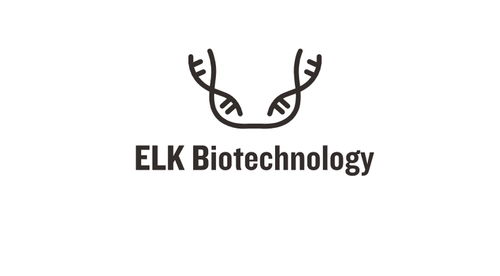Product Description
Bovine Proenkephalin (PENK) ELISA Kit | AE28018BO | Abebio
Species Reactivity: Bovine (Bos taurus; Cattle)
Abbreviation: PENK
Alternative Name: Enkephalin A|preproenkephalin
Application: ELISA
Range: 25-1600 pg/mL
Sensitivity: 6.25 pg/mL
Intra-Assay: ≤5.3%
Inter-Assay: ≤8.2%
Recovery: 1, 06
Sample Type: Serum, Plasma, Other biological fluids
Detection Method: Sandwich
Analysis Method : Quantitive
Test Principale: This assay employs a two-site sandwich ELISA to quantitate PENK in samples. An antibody specific for PENK has been pre-coated onto a microplate. Standards and samples are pipetted into the wells and anyPENK present is bound by the immobilized antibody. After removing any unbound substances, a biotin-conjugated antibody specific for PENK is added to the wells. After washing, Streptavidin conjugated Horseradish Peroxidase (HRP) is added to the wells. Following a wash to remove any unbound avidin-enzyme reagent, a substrate solution is added to the wells and color develops in proportion to the amount of PENK bound in the initial step. The color development is stopped and the intensity of the color is measured.
Product Overview: Preproenkephalin has 267 amino acids, as does proopiomelanocortin. Both genes contain 2 introns. In both, all the repeated enkephalin or melanotropin sequences are encoded by a single large exon (exon 3) . Preproenkephalin mRNA encodes 4 copies of met-enkephalin, 2 copies of met-enkephalin extended sequences, and 1 copy of leu-enkephalin. Each copy is flanked by paired basic amino acids which are presumably recognized by the processing protease. The corresponding amino acid sequence shows that the precursor is 267 amino acids long and contains 6 interspersed Met-enkephalin sequences and 1 Leu-enkephalin sequence. The precursor does not contain the sequences of dynorphin, alpha-neo-endorphin or beta-endorphin.
Stability: The stability of ELISA kit is determined by the loss rate of activity. The loss rate of this kit is less than 5% within the expiration date under appropriate storage condition. The loss rate was determined by accelerated thermal degradation test. Keep the kit at 37°C for 4 and 7 days, and compare O.D.values of the kit kept at 37°C with that of at recommended temperature. (referring from China Biological Products Standard, which was calculated by the Arrhenius equation. For ELISA kit, 4 days storage at 37°C can be considered as 6 months at 2 - 8°C, which means 7 days at 37°C equaling 12 months at 2 - 8°C) .
 Euro
Euro
 USD
USD
 British Pound
British Pound
 NULL
NULL












